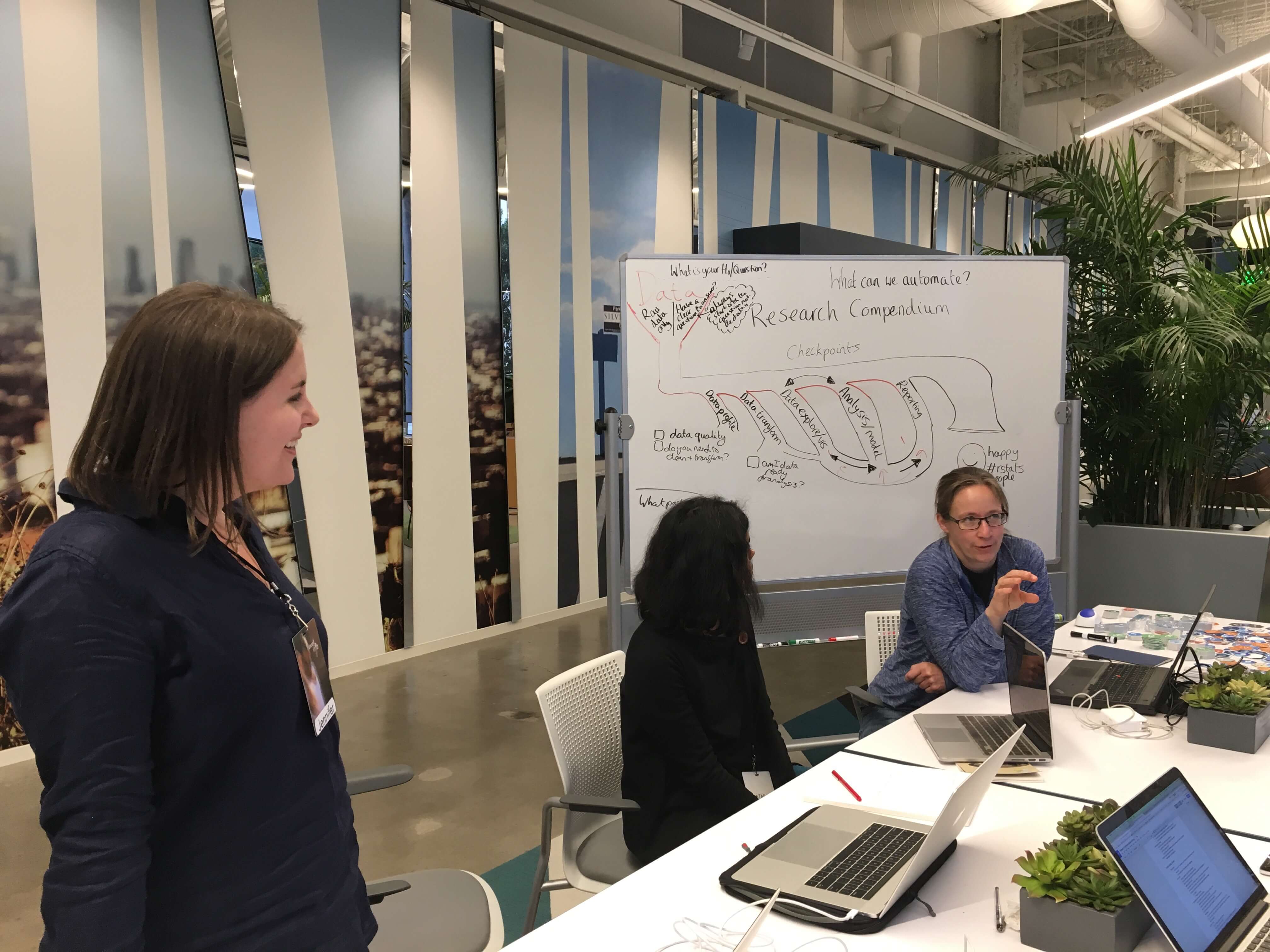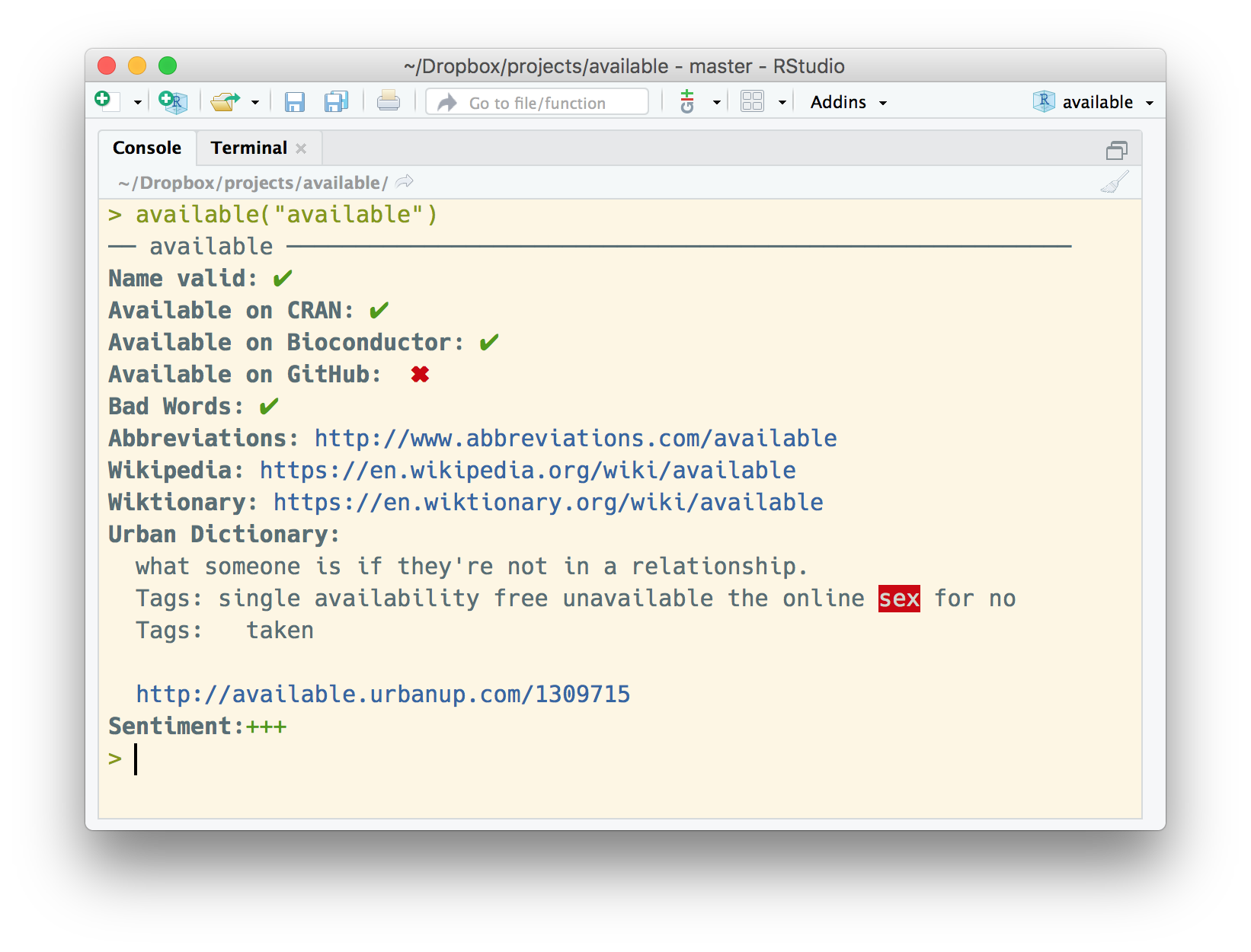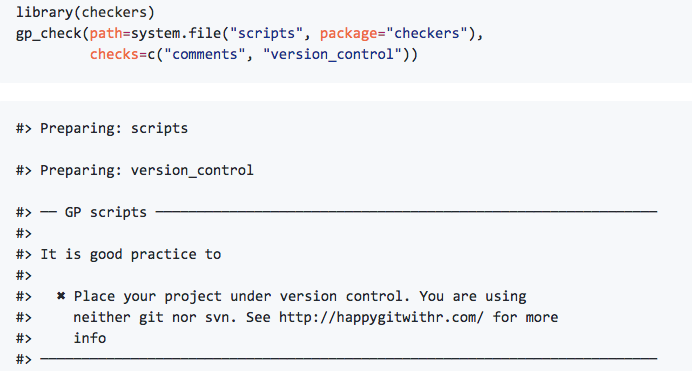
We are pleased to welcome our Postdoctoral Fellow, Dr. Dan Sholler. Dan is an expert in qualitative research (yes, you read that correctly) and studies digital infrastructure creation, growth, and maintenance efforts. Through this research interest, he was drawn to the open science community and its ongoing development of tools and communities to support sustainable, reproducible, high-quality research.





